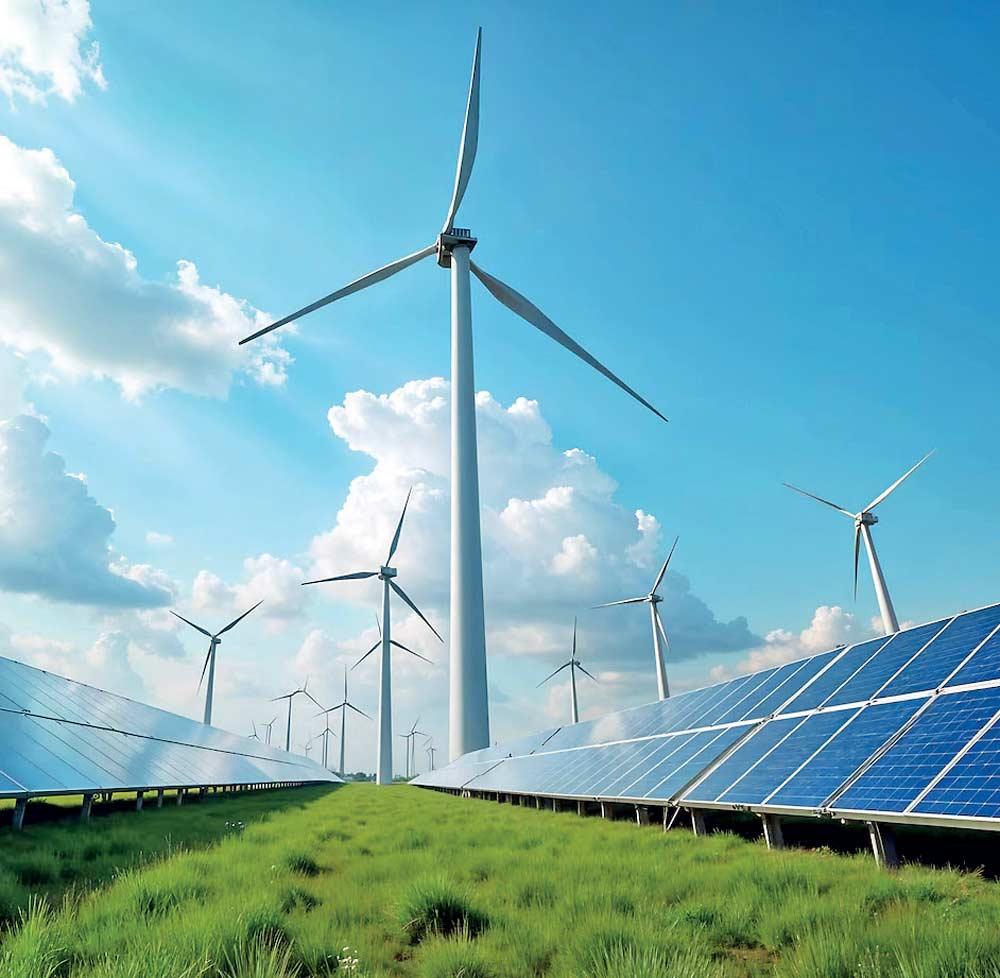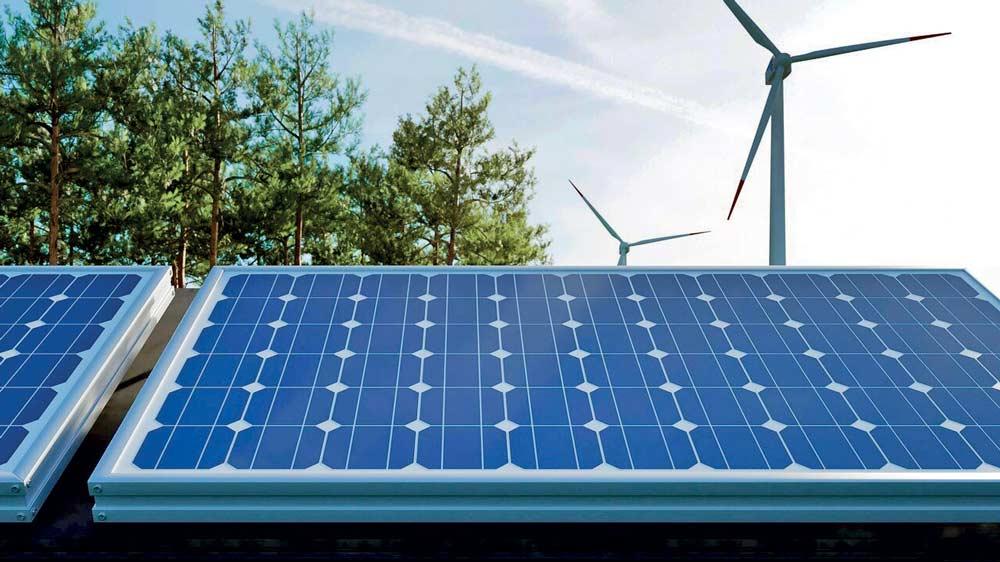

Sri Lanka is the country that is the sixth most vulnerable to the dangerous effects of global climate change with ever frequent floods, rising sea levels and natural disasters, compounded by unwise human decision making.
SOLAR VILLAGE SDG CIC, is a UK based community interest company. It has recently been established with the combined aims of promoting sustainable rural development and mitigating climate risks through the expansion of solar and other micro renewable energy solutions.
As our entire planet faces a real and serious threat to human life, livelihoods, and the environment, the need to mitigate the effects of the climate crisis has never been so urgent for Sri Lanka.
The founding directors of Solar Village SDG, a non-governmental and non-political social enterprise strongly believe in the adage that if you give a man a fish you feed him for a day, whereas, if you teach him how to fish and you feed him for a lifetime. It is therefore not about charity.
| Sri Lanka’s poverty levels have recently doubled in two years with over a quarter of the population now living below the poverty line with more acute poverty in rural areas |
Sri Lanka’s poverty levels have recently doubled in two years with over a quarter of the population now living below the poverty line with more acute poverty in rural areas. The harmful effects of rampant inflation and fiscal policy regarding VAT on some essential goods and food have disproportionately affected low-income families. The quarter of households in Sri Lanka which are female led are most affected, since tending to the children’s needs whilst juggling meagre household income have left them unable to afford basic food items, leaving many children still attending school on an empty stomach. Moreover, women and girls suffer from enhanced period poverty with knock on effects on girls’ education and women’s income generation capacity.
Temporary charitable relief, whilst being important in times of crises, makes only a tiny dent in long term issues, creates certain levels of dependency among those in need and solves nothing.
The founders of Solar Village SDG, notably Chairman Emeritus Professor Dharmadasa of Sheffield Hallam University, and a physicist by training, are strong proponents of seeking lasting solutions at the grassroots level and empowering struggling communities to help themselves by implementing sustainable projects. The organisation’s CEO, Nilmini Roelens, a UK based immigration lawyer by profession, believes that the UN’s SDGs can be emulated through this endeavour, via projects established in rural schools and supported by the communities around them. She believes this will help create eco-systems which can then enable the programme to be replicated rapidly. Saroj Pathirana, their Director of Communications, has investigated issues such as the position of women and girls as part of his work as a BBC correspondent. This combined force will enable the Community Interest Company with its enormously committed and talented group of volunteers to work effectively to progress and manage the expansion of solar villages.
The Solar Village Concept, a simple, sustainable and cost-effective formula to reduce poverty and mitigate the damaging effects of climate change by harnessing solar energy, has been pioneered by Professor Dharmadasa for two decades and details are available on the Solar Village SDG website at: www.solarvillagesdg.org
So far, seven solar villages have been successfully set up, with funding secured for four more solar villages from individual donations as well as charitable fundraising through partners. Through the process of setting up the projects over many years the solar village team has accumulated a wealth of knowledge to address issues at the technological and societal interface. Considering the project’s numerous, environmental, economic, and social benefits, Solar Village SDG is committed to widen its scope to include a smart room project at each rural school site, with the aim of rapidly replicating the project within and later, beyond Sri Lanka.
| Temporary charitable relief, whilst being important in times of crises, makes only a tiny dent in long term issues, creates certain levels of dependency among those in need and solves nothing |
Solar Village SDG’s focus is currently in rural parts of Sri Lanka with communities in need, who lack basic resources such as clean drinking water, or who have poor educational facilities and where women and girls are most at risk from the effects of poverty and other gender based issues. They support the community to install a solar energy system which connects to the national grid to provide essential electricity and generate income for local people. By harnessing solar energy, the village can pump and purify water for drinking, household use and sell it at a nominal cost. A village development committee consisting of an equal number of respectable local men and women manage the income generated. Local families set up small businesses like bee-keeping or agricultural value-added products.
A quality education for all is a key priority for this community interest organisation as a part of seeking to meet the sustainable development goals. The Solar Village SDG programme will therefore include setting up a smart classroom alongside installing solar panels, to provide internet access and a “window to the world” for rural children, who had not hitherto had access to any computers at all. The children can access online education to improve their English, IT, Maths, and creative skills to nurture their potential for the future.
Local communities have seen first-hand the transformative and positive impacts that the solar village concept has brought to the seven villages it has established with partners and sponsors. Solar Village SDG is currently fundraising to set up several pilot projects in and around several school communities and would welcome corporate or other sponsorship.
If you are interested in collaborating through sponsorship or other means please contact Dharme: chair@solarvillagesdg.org and Nilmini: ceo@solarvillagesdg.org
Spotlight on Kaduruwewa Primary School
The pilot Solar Village at Kaduruwewa Primary School, built by volunteers in the 1950s, lacked electricity and drinking water. Poor facilities led to high teacher turnover, and by 2007, student numbers had dropped to 20, prompting the government to consider closing the school. The installation of a solar-powered water pumping system provided free tap water to both the school and the temple, significantly reducing kidney disease linked to poor water quality. Student enrolment surged to over 80, and by 2023, the school ranked second among 186 primary schools in the region. The village thrived through crop sales, beekeeping, and tree planting. Now, plans are underway to expand the concept with more solar villages and an online educational platform. A smart room will support both students and adult learners, while solar energy will replace kerosene lamps and firewood. Future initiatives include solar cookers, biogas, and solar-powered drip irrigation.











